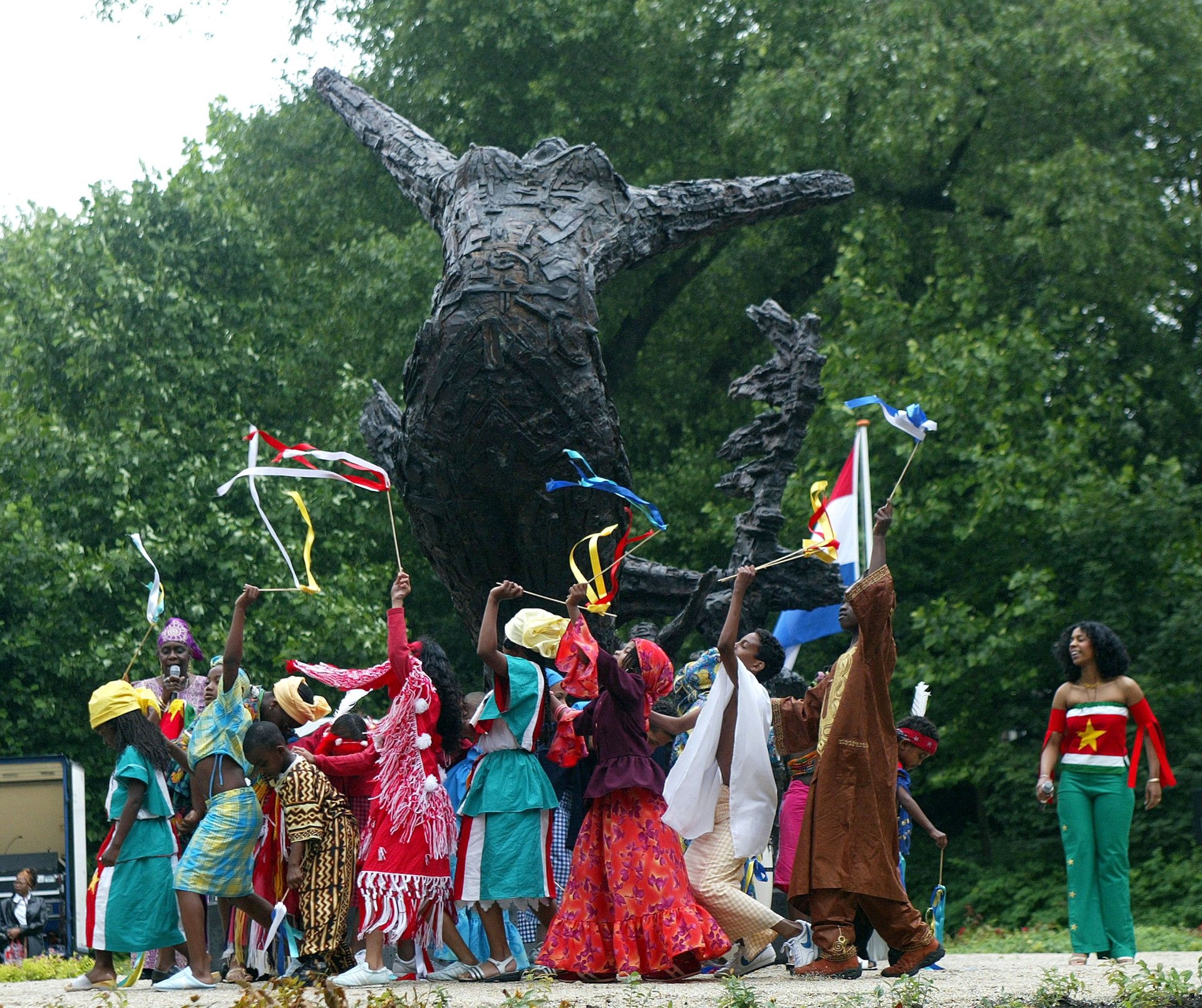The Dutch will apologize for centuries of slavery, but won't consider reparations
Dutch prime minister Mark Rutte will reportedly issue a formal apology on Dec. 19

The Netherlands is expected to formally apologize for 250 years of slavery on its lands, in a series of events on Monday, Dec 19.
Suggested Reading
Dutch prime minister Mark Rutte will reportedly give a speech addressing the findings of a committee tasked with examining the Dutch empire’s long history of supporting and profiting from slavery. Members of Rutte’s cabinets will give additional speeches in seven former Dutch colonies in the Caribbean.
The committee, formed after the 2020 Black Lives Matter protests, has issued various recommendations to redress historic injustices, including a formal apology. The government also plans to spend €27 million ($29 million) to create a museum dedicated to the country’s slave trade, and another €200 million ($213 million) funding projects to promote awareness of the history.
Rutte has said there are no plans to offer reparations for slavery. Human Rights Watch argued that any apology without financial redistribution to the descendants of those enslaved does not go far enough.
Holland’s colonial history, by the numbers:
500,000: Estimate number of people who worked as slaves in the Dutch colonies over a period of roughly 250 years.
1863: The year the Netherlands abolished slavery. One of the last colonial powers in the world to make the practice illegal, slavery did not end in Suriname until 1873 due to a mandatory 10-year transitionary period.
10.4%: The percentage of Dutch GDP that was based on Atlantic slavery in 1770. As much as 40% of Holland’s economic growth at the end of the 18th century can be traced back to slavery.
Quotable:
“They still enjoy what their ancestors did to this day. We still suffer. Reparations are needed,” she said.” — Irma Hoever, a 73-year-old retired civil servant who lives in Paramaribo, the capital of Suriname.
Related Stories:
💰How reparations would work today
